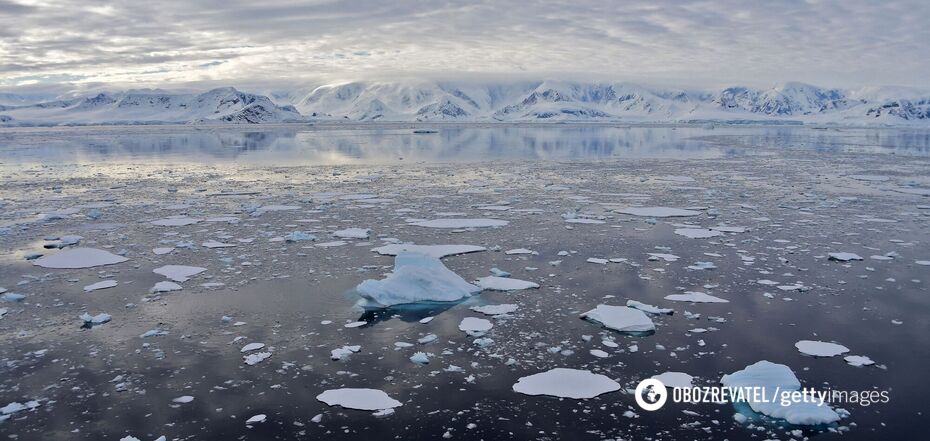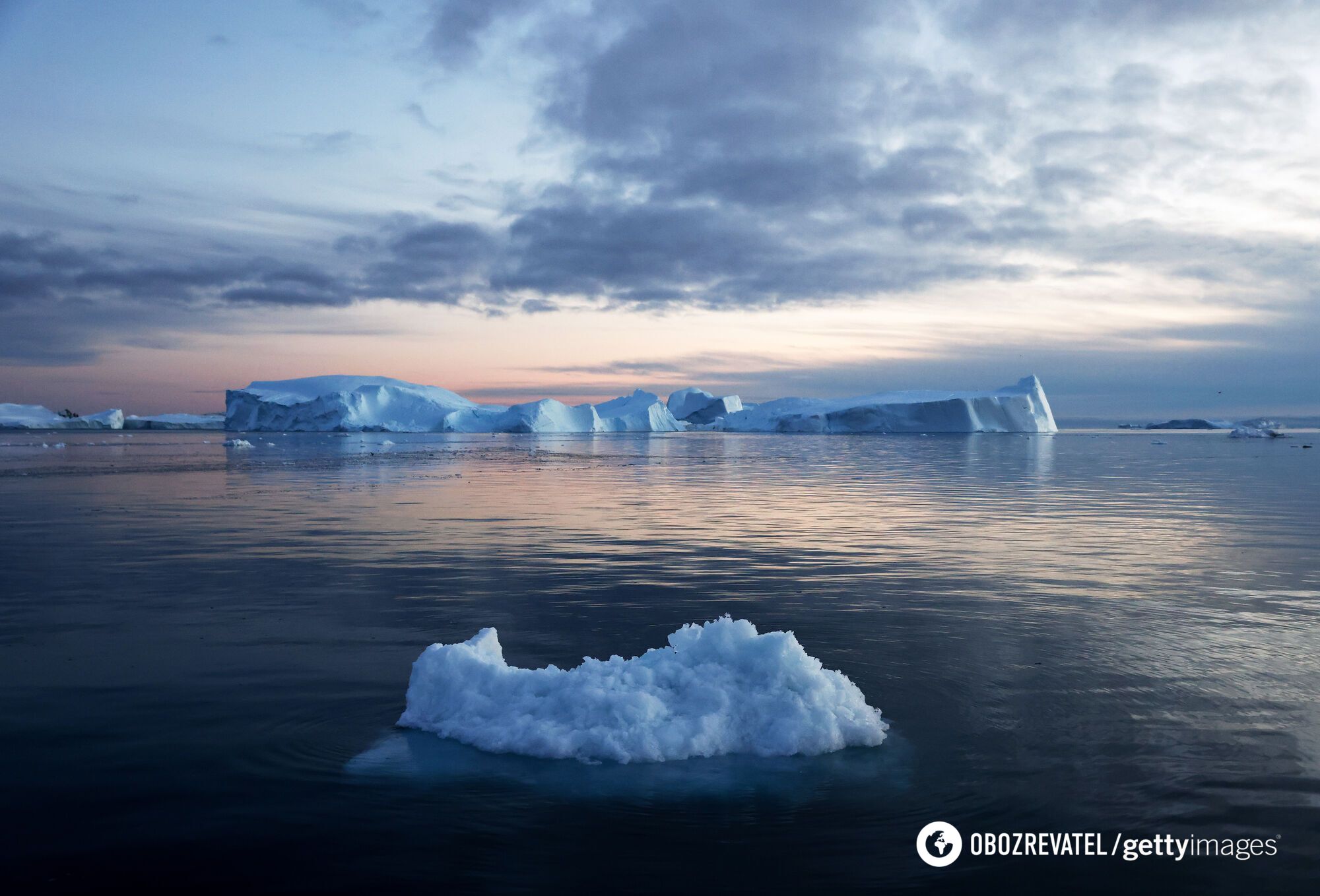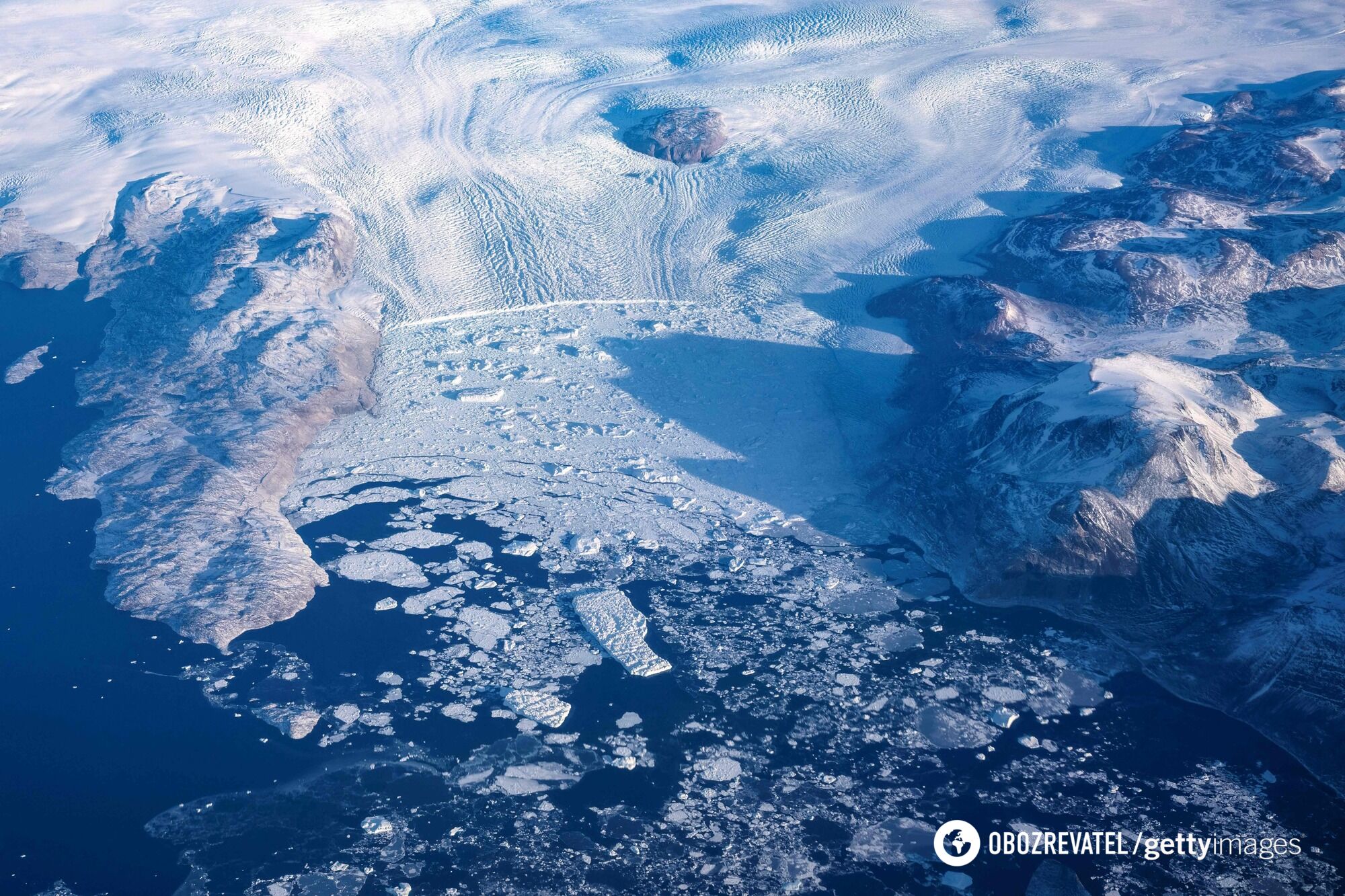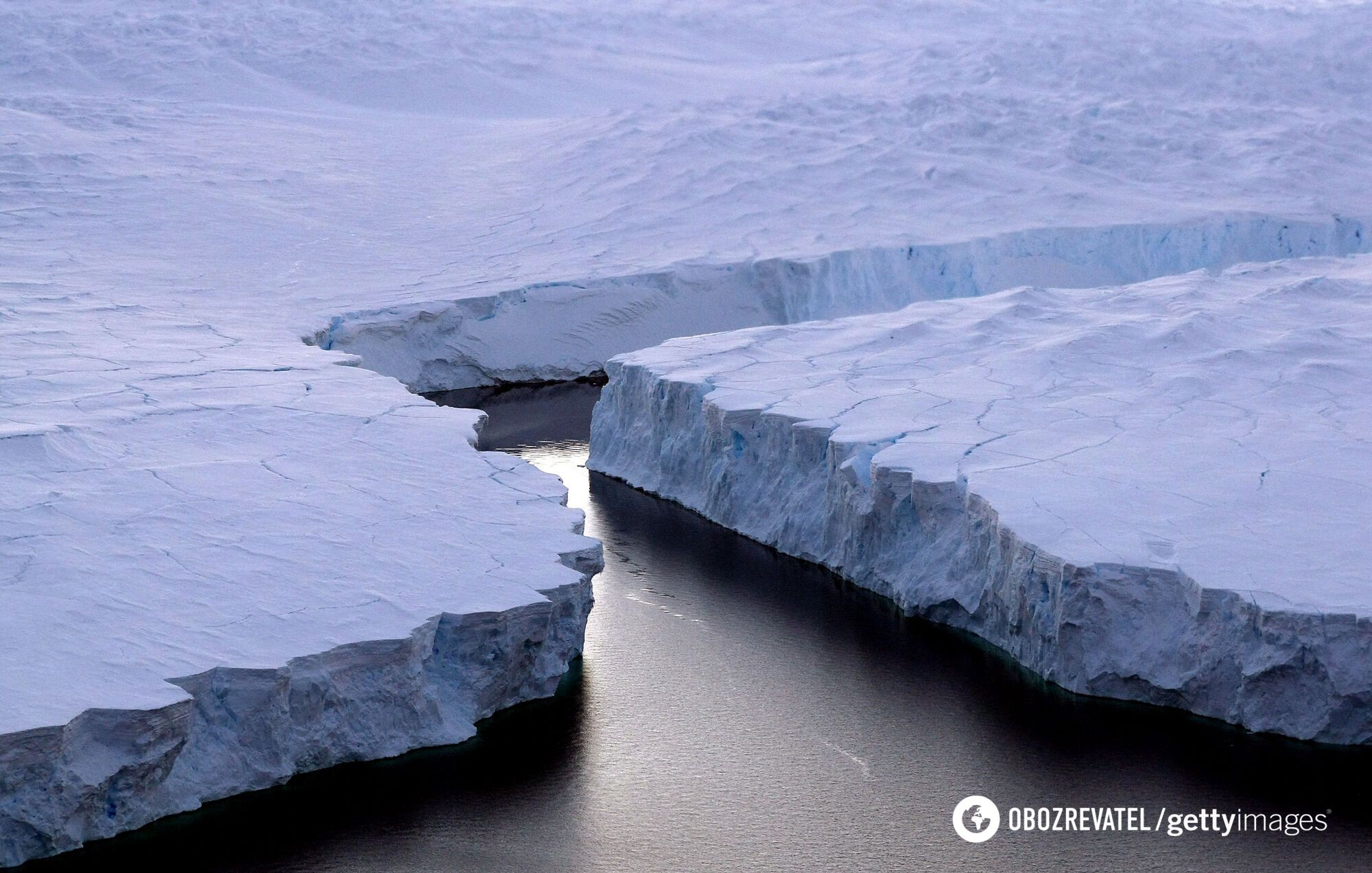News
Earth could lose more than half its glaciers by 2100 due to rapid climate change: scientists put forward daunting prediction
Scientists from ETH Zurich in Switzerland and Vrije Universiteit Brussel in Belgium warn that more than half of the world's glaciers could disappear by the end of this century due to climate change. Experts predict the loss of glaciers under different carbon emission scenarios.
Under the high emissions scenario, up to 54 percent of all glaciers could disappear, while in the Alps this figure could reach 75 percent. They took into account all the world's glaciers - about 200,000 in total - in the new study, MailOnline writes.
"Glaciers are crucial in many parts of the world, and as such, glacier changes directly impact our society and the natural environment," explains the study's lead author, Professor Harry Zekollari.
The scientist clarifies that at the local level, glaciers can lead to natural hazards because they have important tourist value and determine local water supplies. But the main concern is the impact of glacial melting on sea level rise, which in turn increases the risk of flooding in cities, especially those closer to the coast.
In addition, melting glaciers are depleting freshwater resources that millions of people depend on for drinking water.
"Water supply from glaciers (and how this supply changes) will impact biodiversity and water availability for industry, agriculture, and households," he clarifies.
It also means that the Earth is turning from a glowing white to a duller green, reducing the planet's albedo - its ability to reflect sunlight. Instead of the highly reflective white ice, the bare plant and rock have a lower albedo, meaning they absorb more of the sun's energy rather than reflect it. This increases the risk of the Earth heating up, exacerbating climate change, which scientists describe as the "runaway effect."
To predict future glacier loss, the researchers studied historical glacier masses, carbon emissions, and temperature data. Using computer modeling, they were able to understand how glaciers may continue to lose mass in response to climate change.
"By modeling glacier evolution throughout the 21st century under various climate scenarios, we found stark differences in outcomes depending on future emission levels," said Prof. Zekollari.
The team found that under an optimistic low-carbon scenario, glaciers would lose 25 to 29 percent of their mass by 2100. However, under the high emissions scenario, this figure rises to somewhere between 46 and 54 percent.
Glacier loss will vary significantly by region, but glaciers in the European Alps are among the most vulnerable - they will experience a loss of more than 75 percent of their volume under high emissions scenarios.
Only verified information is available on OBOZ.UA Telegram channel and Viber. Do not fall for fakes!






























